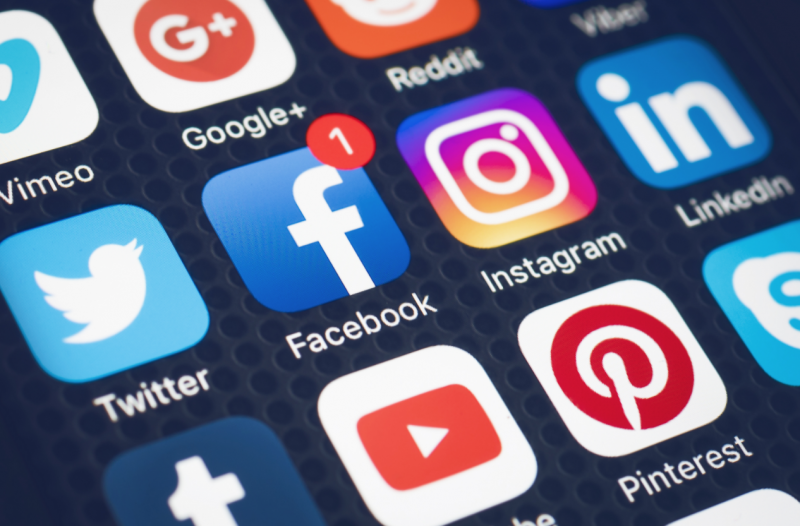
Social media has become embedded in modern life. Everywhere you look these days, people are intent on mobile screens, checking Facebook posts, liking Instagram photos, catching up on Twitter feeds. This constant access can become addictive – a poor WiFi connection can induce withdrawal symptoms! Another popular Internet activity is online dating. As well as being hooked on social media, many users also regularly access a dating platform like this. But how do these two topics affect each other? Is social media good or bad for your relationships?
Online distractions hampering real-life communication
One major negative influence of social media on relationships is the way people can become fixated on keeping abreast of activity on their platforms. It is not uncommon for a couple to be enjoying some occasion, giving the outward appearance of being focused on each other, while constantly referring to notifications or messages flashing on their mobile screens. Whether someone is emailing them or has simply liked their last Instagram post, there will be an urge to check on everything unfolding in realtime in their parallel virtual existence. Some couples will even take their gadgets to bed to continue browsing or gaming at a time when they should be relaxing. And thinking of more obvious distractions.
The impact on self-esteem and mental health
Social media has a habit of presenting an idyllic picture to the outside world. This is exemplified by the way site users often present their profile images. There can be a temptation to utilize software such as Photoshop to deliberately doctor photographs to eradicate unwelcome blemishes or wrinkles. This could also mean highlighting a recent trip to a cosmetic surgeon or the effects of the latest fad diet. The problem with distorting reality like this is that it creates a social hierarchy: superiority and inferiority. Casual Internet surfing can lead to a constant barrage of images of people resembling models. This will impact the self-esteem of the person who has not spent thousands on new lips or hair extensions or a fabulous sports car or whatever. When individuals feel the need to keep up with what is widely – but erroneously – perceived as ‘the norm’ this can prompt mental health issues.
The positives of tapping into social media
Social media is an excellent way of getting a more rounded picture of somebody who first appears to you as little more than a dating site username with some scant background information. This potential partner might seem very interesting, but how can you know that much about somebody who is a stranger? This is where you can do some research to gain a fuller picture (this isn’t snooping – just taking an interest!) After all, this person might well become an important part of your life shortly. Once you’ve developed sufficient trust to have found out their proper name and location, you can begin searching through Facebook, Instagram, or Twitter to get the complete story. After identifying them on their social media, you can check out their stories and photos to satisfy yourself they’re everything they’ve been claiming to be.
Temptation at your fingertips
Another unfortunate aspect of social media is that it can open doors that have long been firmly shut. Former acquaintances and ex-partners might get in touch out of the blue, sometimes even sending friend requests. It might seem an innocent enough situation to accept such an invite, but what happens when the two parties begin reminiscing about times they’ve enjoyed together, perhaps getting to the stage where a reunion is suggested? Relationships can be derailed when the current partners are kept in the dark.

